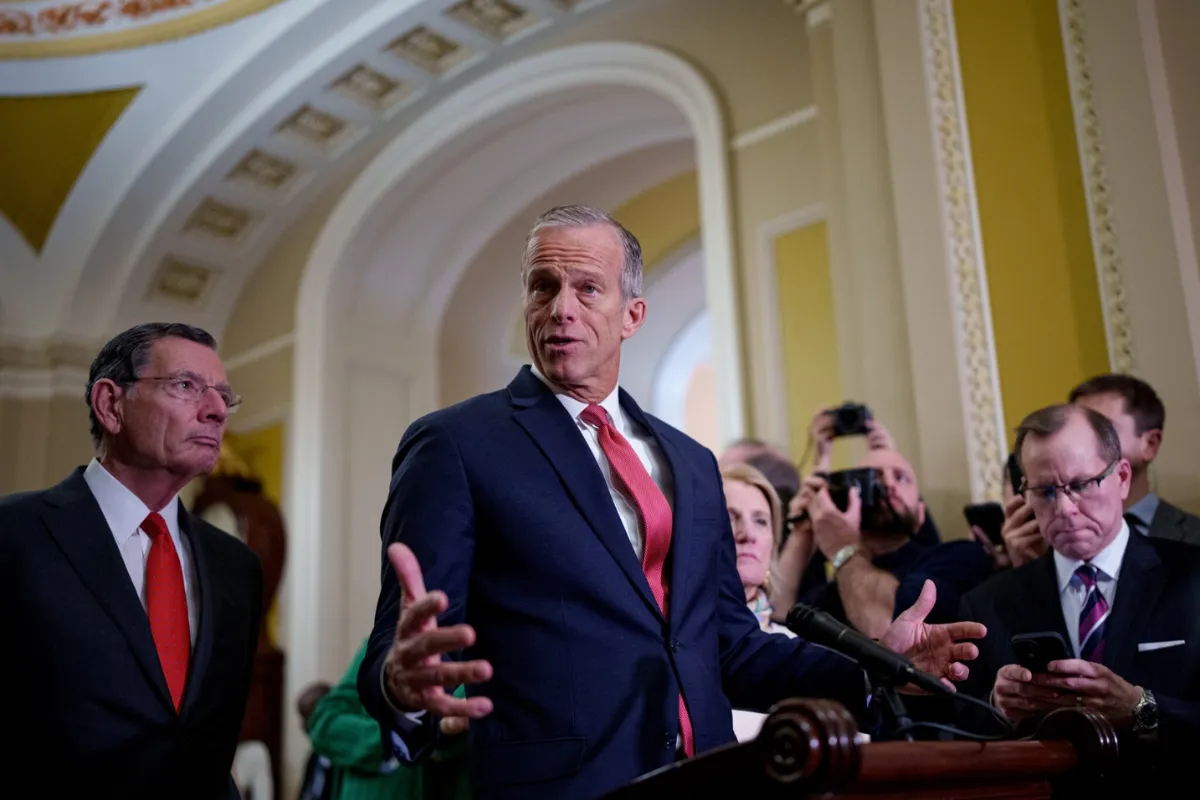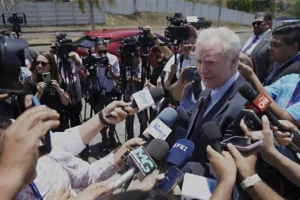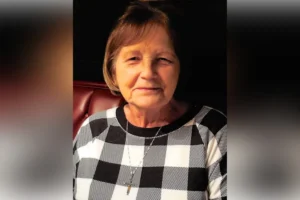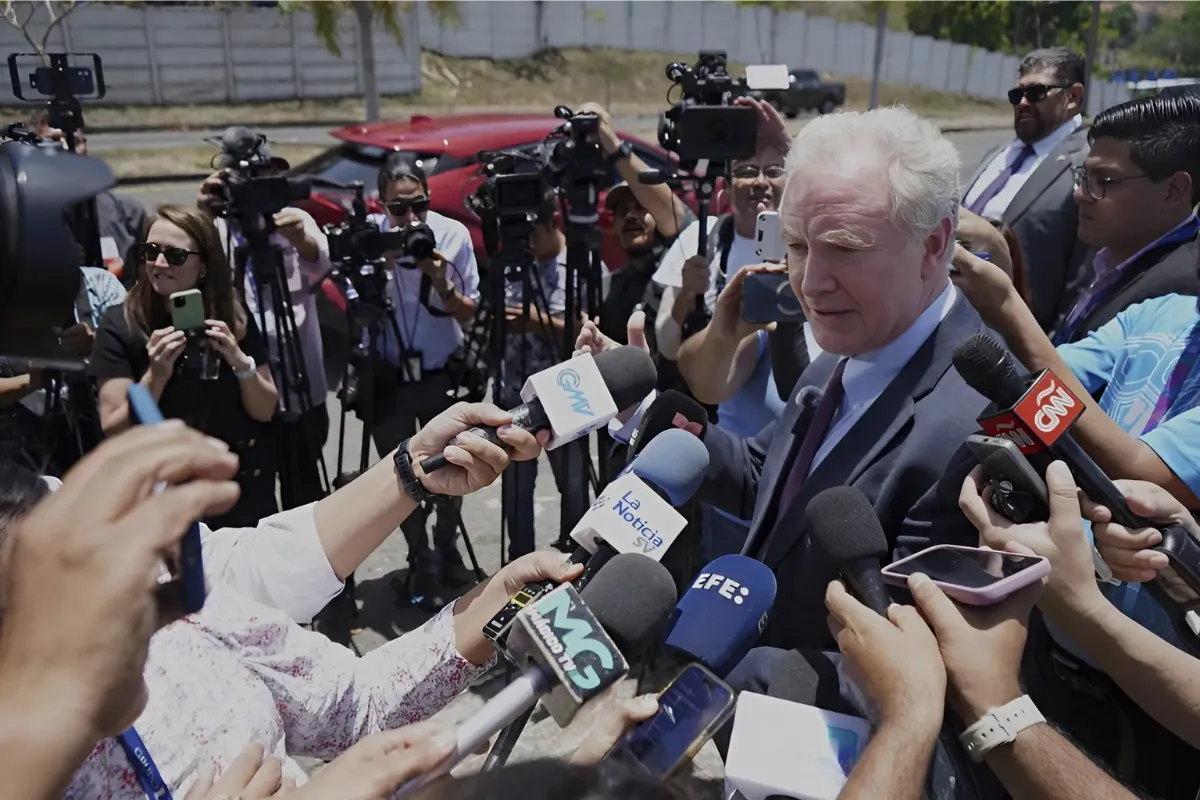The West Virginia Senate took its first major step toward finalizing the state’s 2026 fiscal year budget, with the Senate Finance Committee advancing Senate Bill 300 on Thursday. The move sets up critical discussions next week between the Senate, House of Delegates, and Governor Patrick Morrisey, as all parties work to reach a compromise before the legislative session ends on April 12.
SB 300 outlines a general revenue budget of $5.321 billion—just $930,000 shy of Governor Morrisey’s proposal of $5.322 billion, but 4% higher than the $5.113 billion version passed by the House in House Bill 2026. The Senate budget is also 1.1% more than the current year’s $5.265 billion budget.
Senate Finance Committee Chairman Jason Barrett, R-Berkeley, emphasized that the Senate’s version reflects the values of its members and their districts.
“I listened to the members of this committee… and prioritized what they felt was important,” Barrett said. “This budget fully represents the Senate’s position.”
Advertisement
While Morrisey’s version avoids relying on one-time funds, both the House and Senate versions include surplus spending options if extra tax revenues become available by the end of the current fiscal year.
The House version allocates $128.8 million in surplus spending, leaving $81.1 million unappropriated. In contrast, the Senate proposes just two $50 million items: one for the state’s Division of Economic Development and another for the Department of Transportation. These would only be paid out if funds remain after June 30, signaling a shift in strategy by embedding more spending in the base budget itself.
“This seems like the smallest amount of surplus section we’ve had,” noted Sen. Ben Queen, R-Harrison. “We’ve prioritized much more spending in the front of the budget.”
Advertisement
As part of the regular budget process, the House gets first consideration this year. HB 2026 is up for final passage Friday, with several amendments expected. Once passed, the Senate will substitute its version of the budget into the House bill using a strike-and-insert amendment, triggering formal negotiations between the chambers and the Governor’s Office.
Governor Morrisey, speaking Thursday at the State Capitol, expressed optimism about the ongoing talks.
“We’ve been meeting regularly with the House and Senate leadership,” Morrisey said. “This is a process where all three groups—House, Senate, and Executive—have important opinions, and we’re trying to reach a budget everyone can support.”
Advertisement
However, not all lawmakers are on board with the direction of the negotiations. Democratic legislators held their own press conference, criticizing the continued use of a “flat budget” and its effects on key services.
“We are not funding programs the way we used to,” said Del. John Williams, D-Monongalia. “West Virginians are getting far fewer services than they did in 2014.”
Advertisement
Williams called for more “social responsibility,” pointing to underfunded areas like Medicaid, childcare, roads, and economic development.
With less than a week left in the 60-day session, all eyes are on Charleston as lawmakers try to finalize a budget that balances financial restraint with the needs of West Virginia’s citizens.










